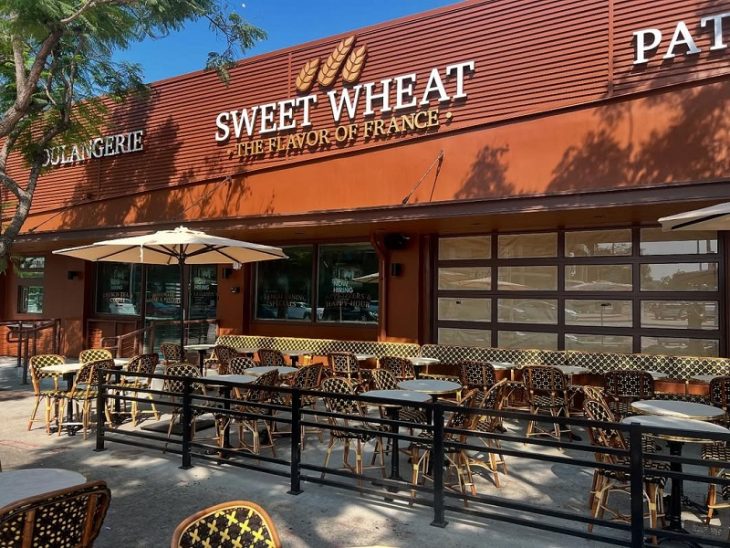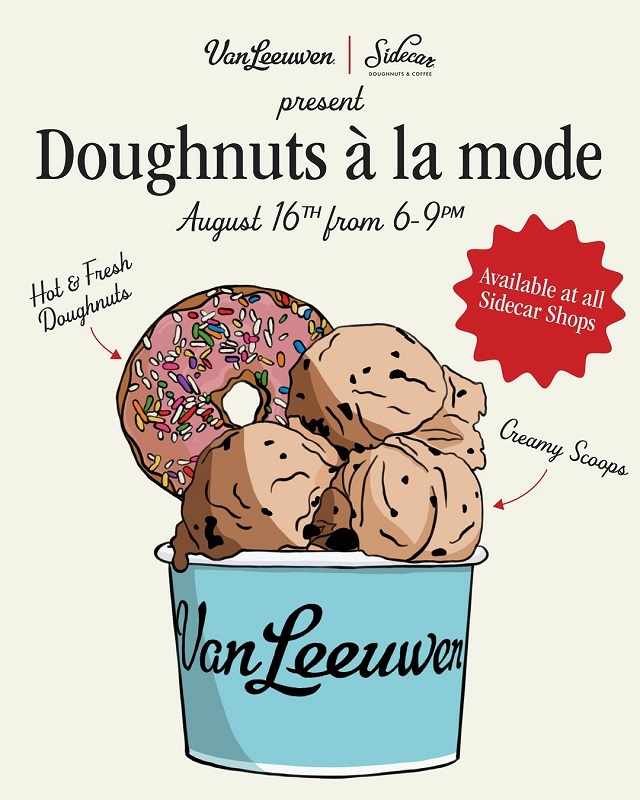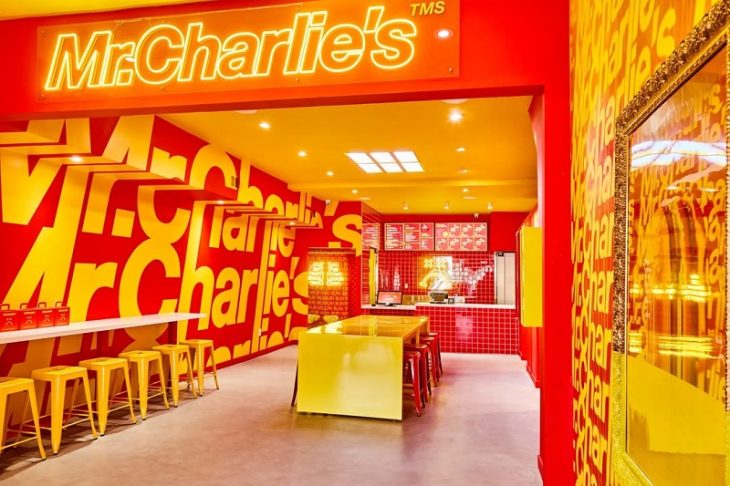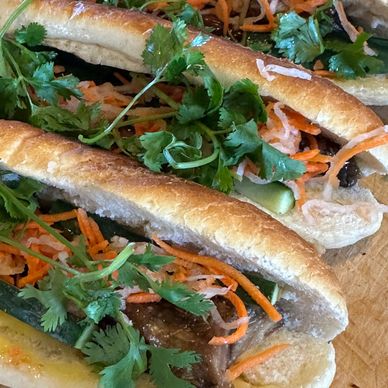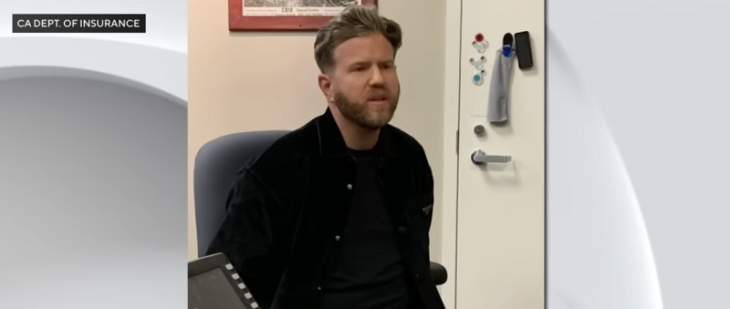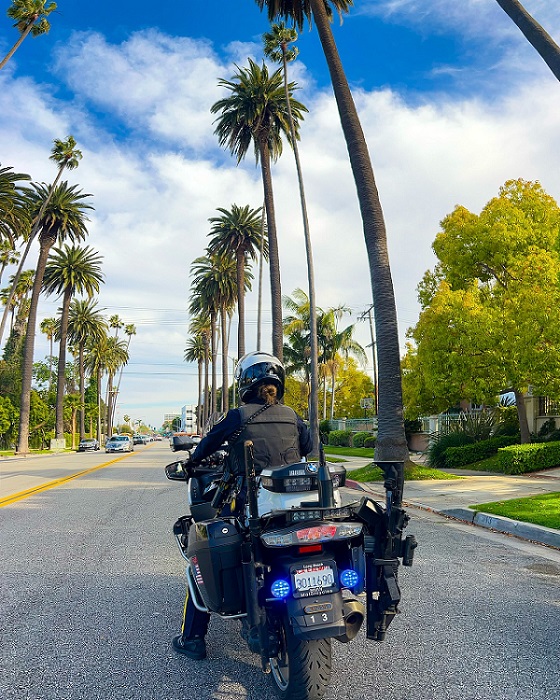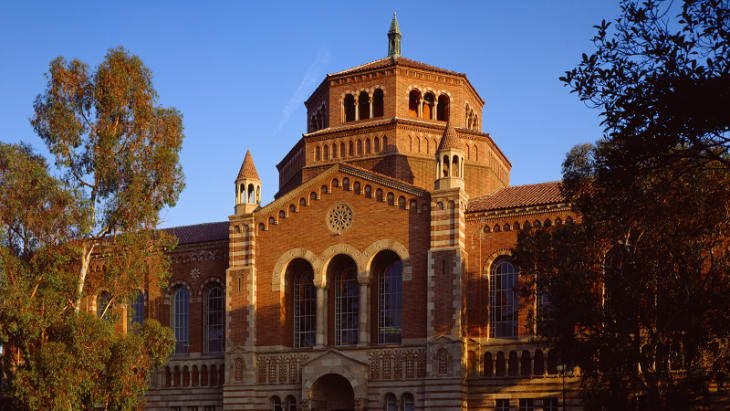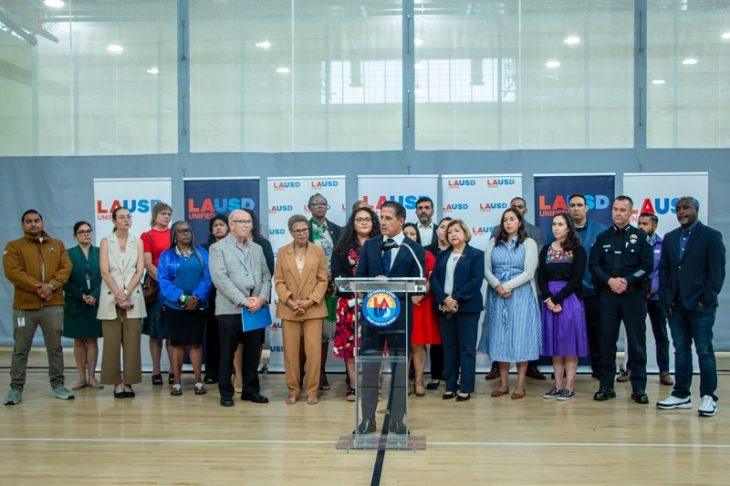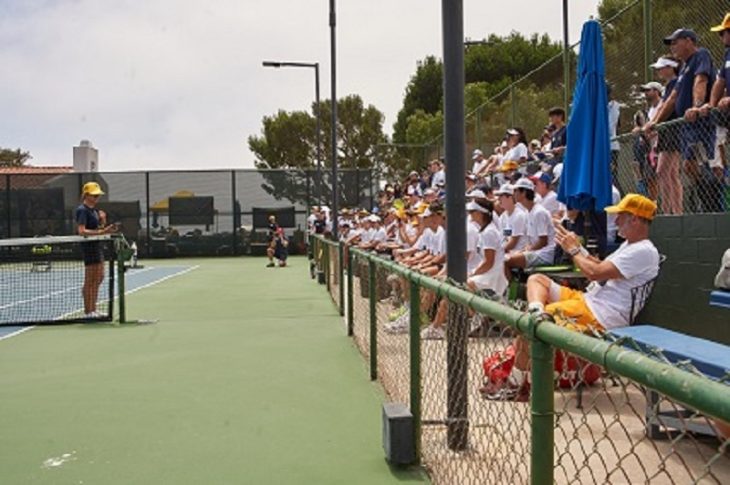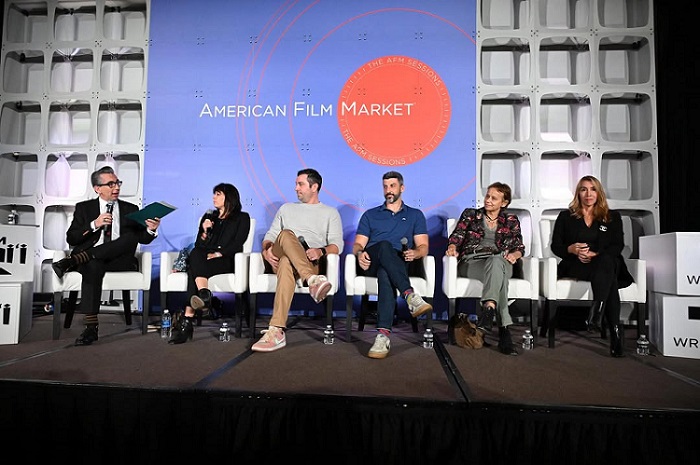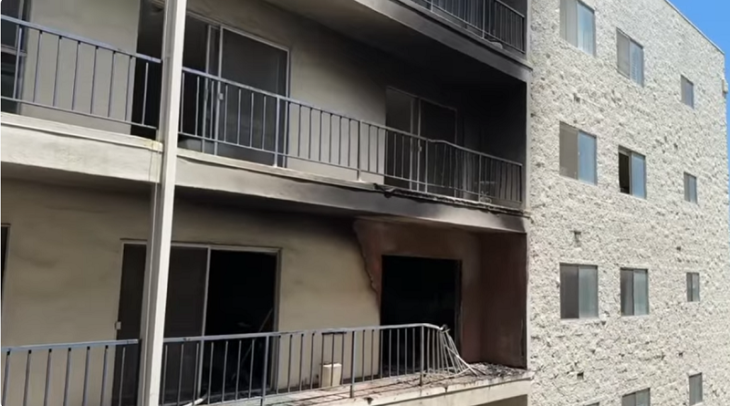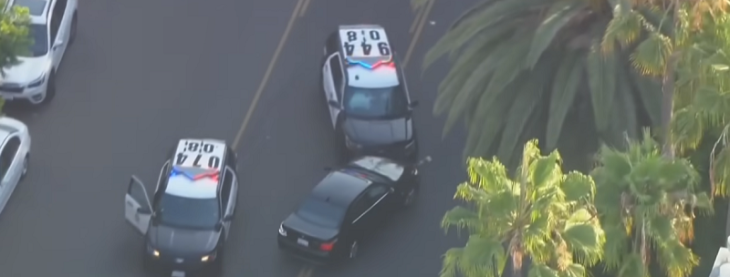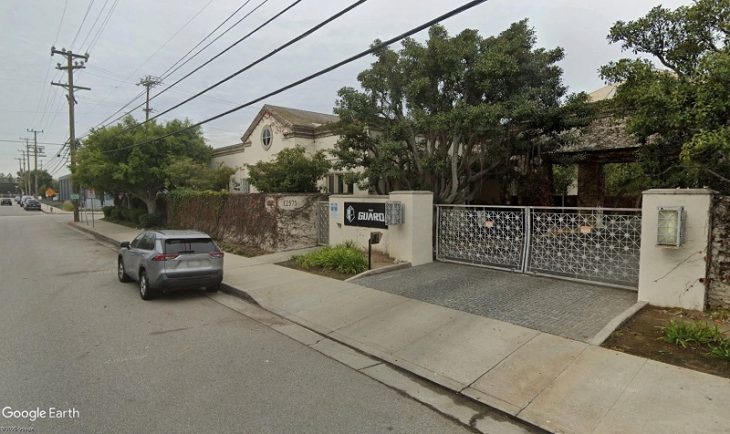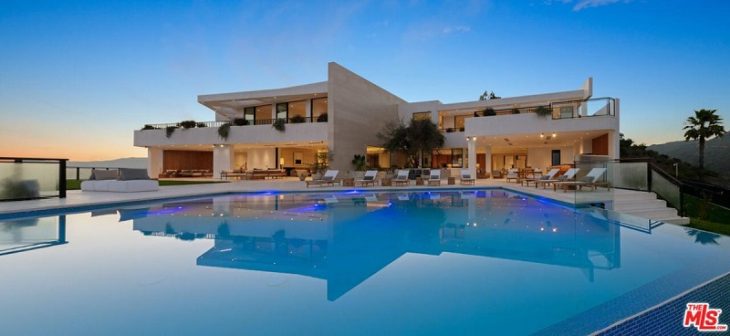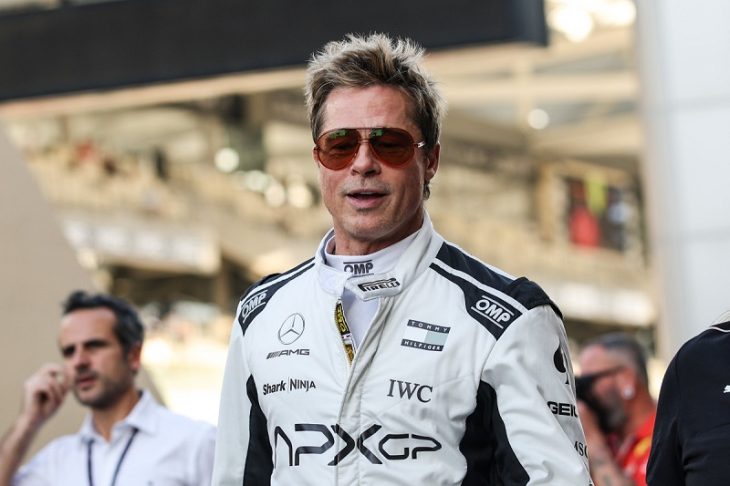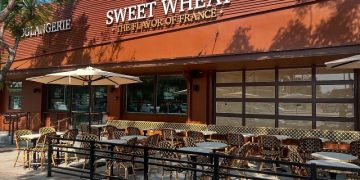Violence Erupts as Demonstrators Face Aggression During Tense Overnight Attacks
On the night and early morning of April 30 into May 1, UCLA students’ Palestine Solidarity Encampment was attacked by a group of armed men who did not seem like students, many of whom were masked or wearing balaclavas. Counter-protesters had been antagonistic since the first day of the encampment, but on this particular night, they seemed emboldened and infuriated by the continued existence of the camp and the students’ refusal to agree to their demands.

I can say that this was the one time in my career as a reporter that I felt my life was in danger, and that feeling proved to be true. Not only was I harassed and surrounded by the agitators at more than one point, but someone hit me over the back with an object and slapped my phone out of my hands in an attempt to keep me from filming. I was cursed at and degraded verbally, and finally I was pepper sprayed at close quarters from behind which resulted in a loss of vision and painful burning sensations all over my skin. I was fortunate that they did not launch an attack on me at that vulnerable moment.
While there had been reports that counter-protesters had made attempts to infiltrate the camp several times at night, including dropping a bag of mice nearby, April 30 was the night when they showed up in force. About 100 agitators began a prolonged attack for four hours on the fence that separated the student-led encampment from the area where a jumbo-sized screen and sound system that had been set up the previous Sunday, for a pro-Israeli rally.
The group began to gather around 9:49 p.m. and the first attack began at around 10:49 p.m
Live streamers on-site broadcast video from Dickson Plaza, where fireworks were being shot and thrown into the encampment. According to the Los Angeles Municipal Code, the use of fireworks is strictly prohibited in the City of Los Angeles. No one was ever arrested for this clear violation of the law despite the fact that there was copious video evidence of the crimes.
The audio system was also being used to broadcast loud noises and music during the night to prevent the encampment members from sleeping. Sleep deprivation is a technique well known as a method of torture.
When I arrived at UCLA and Dickson Plaza, I noticed a skirmish line of attackers taunting and attempting to break down the fence protecting the encampment, including the guard rails set up by the UC Police and the additional wood panels added by the students.
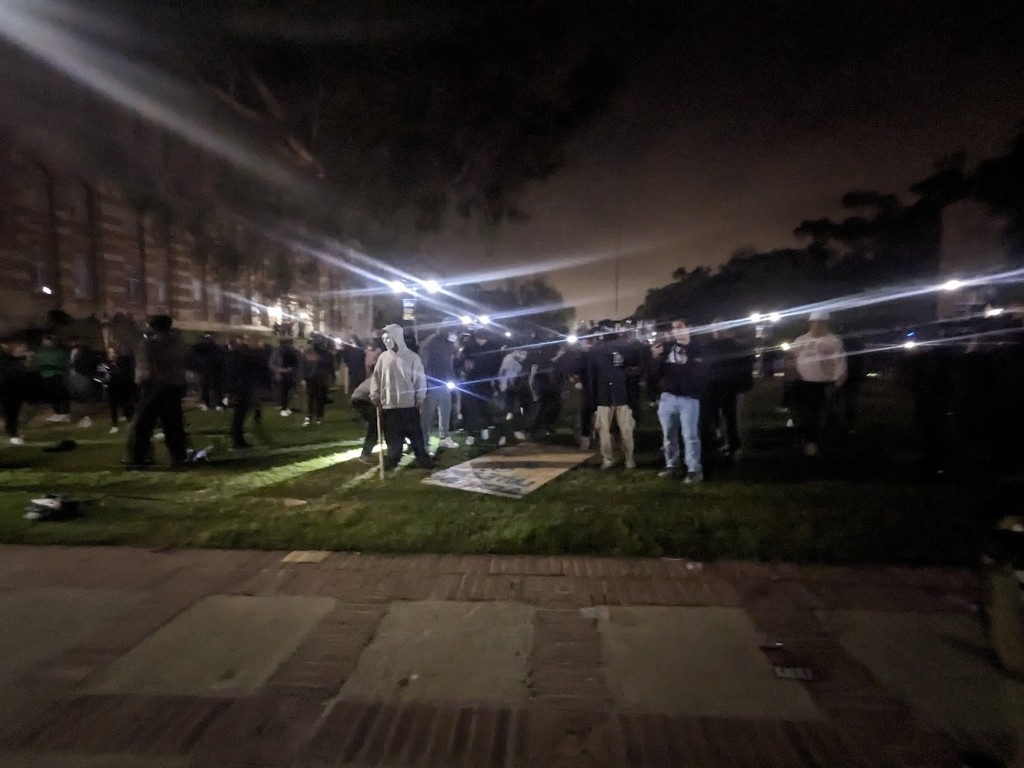
These counter-protesters cursed and threatened the students, threw objects, and used pepper spray against any of the students who were caught outside of the encampment perimeter or any time they were able to strip away any of the protective layers of wood and umbrellas that the students used to fend the attack off.
The attack on one male student was broadcast live from a helicopter above the scene on local and international networks. The male student was beaten, kicked, and sustained a head wound and was taken to the hospital for treatment. Later on, the student revealed, during a press conference on May 1, that he received 14 staples in the back of his head after a counterprotester slashed him with a piece of wood after he went out to help a fellow student who had gone outside the barrier.
While I was in the middle of the fray, along with several other reporters and live streamers, I was singled out for attack more than once, and finally, pepper sprayed from behind with the full shot going into my ear and my left eye after a second attacker aimed an LED light into my eyes. I was very lucky that a student medic appeared and treated me with saline and water.
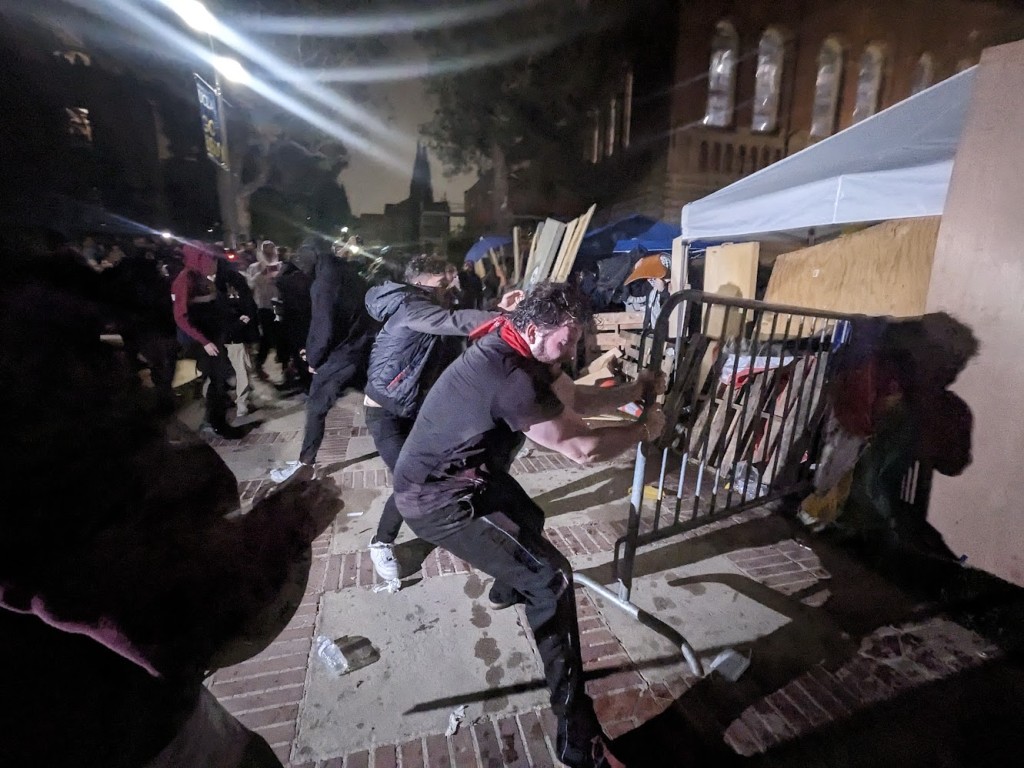
While all of these attacks were happening, Members of APEX, a private security company hired by UCLA, were standing nearby and did nothing even while witnessing scenes of hideous violence. Even after I was pepper sprayed, I approached them, and all they said to me was that I should move back. They had a clear view of everything as they were standing within fifty feet on a short set of stairs.
It wasn’t until Mayor Bass’ office sent out a social media message on Twitter from Deputy Mayor of Communications Zach Seidl, at 1:00 a.m. local time that said, “The Mayor has spoken to Chancellor Block and Chief Choi. LAPD is responding immediately to Chancellor Block’s request for support on campus.” that there was any word that police might be dispatched to do something about the violence and Seidl referred to it only as “an incident.”
It wasn’t until 1:47 a.m. that Mayor Bass’ account posted this message on Twitter, “The violence unfolding this evening at UCLA is absolutely abhorrent and inexcusable. LAPD has arrived on campus.”
I was pepper sprayed around 1:13 a.m., but nothing was done to stop the attacks until the LAPD arrived after 1:45 a.m., when the counter protesters heard the police were arriving and broke and ran. Still, after hours of violence, the counterprotesters were only required to leave the area and were not arrested, but it still took LAPD officers until about 3:00 a.m. to start escorting the attackers out of the area.
Most left, but some stayed, including many who were dressed all in black, and some were still wearing balaclavas and other face coverings. Several of them exited the restricted area and were congratulated by their friends. One particular man, who seemed like he was in his late twenties, was called “a king” and then said that “they got their a**es beat.”
Anyone who had a mask on was treated with suspicion since the encampment required mask use. I was subjected to a final round of harassment when a crowd of counterprotesters circled me and pointed their cameras with their flashlights on in my face and offered me lodging because they were implying I was homeless, a manicure, and then they disparaged my looks and accused me of “bear spraying” others, said I would be “exposed” and I accused of being a part of the encampment. I had never set foot inside of the encampment, and I was clearly the victim of a pepper spraying incident, but this is a normal tactic used by these vigilantes. They accuse the victims of the attacks they have actually committed.

I was only released from their harassment because a man that I didn’t know stepped into the circle and challenged the counter-protesters by pointing a blue light into the main aggressor’s eyes, who I later found out was Matin Mezdeneh, who I had seen at the first day of the encampment and distracting them. He told me that I was “doing the right thing,” and that I should “leave.”
As I was walking away from the area, I heard them taunting someone else, yelling, “We thought you were never leaving,” and gave chase to the group who was walking by. I heard the terrified scream of a woman and a short physical altercation before the group seemed to escape. I will never forget those screams.
I found out later that four of the reporters from The Daily Bruin, the UCLA newspaper, were attacked by counter-protesters while they were leaving the scene.
According to the Los Angeles Times, “Daily Bruin News Editor Catherine Hamilton said she was sprayed with some type of irritant and repeatedly punched in the chest and upper abdomen as she was reporting on the unrest. Another student journalist was pushed to the ground by counterprotesters and was beaten and kicked for nearly a minute, she said. Hamilton was treated at a hospital and released.”
Hamilton was quoted by the LA Times as saying, “I truly did not expect to be directly assaulted. I know that these individuals — at least the individuals who initiated the mobilization against us — knew that we were journalists. And while I did not think that protected us from harassment, I thought that might have [prevented us from being] assaulted. I was mistaken.”

